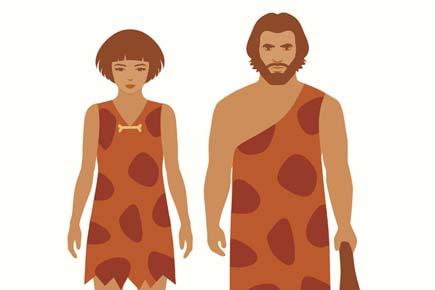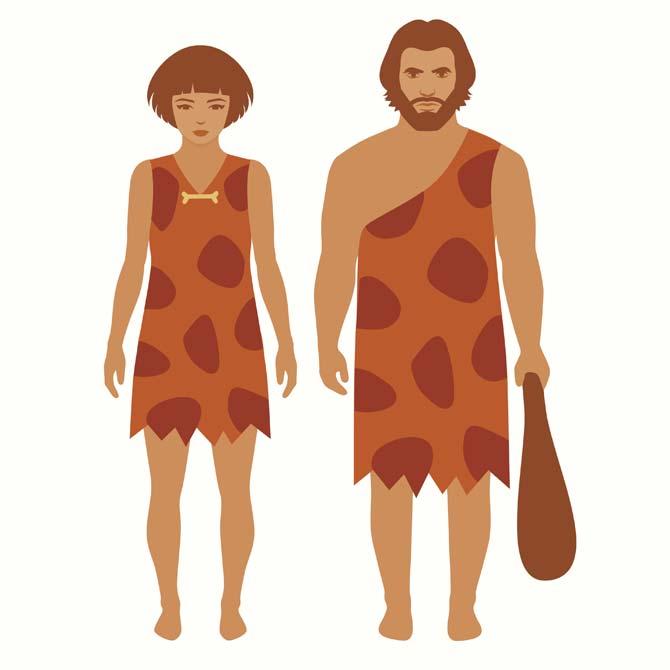Before early modern humans migrated 'out of Africa' to spread across the world, they started having sex with the Neanderthals some 100,000 years ago and not 47,000-65,000 years ago as previously thought

New York: Before early modern humans migrated 'out of Africa' to spread across the world, they started having sex with the Neanderthals some 100,000 years ago and not 47,000-65,000 years ago as previously thought.
ADVERTISEMENT
Using several different methods of DNA analysis, an international research team found strong evidence of an interbreeding event between the Neanderthals and modern humans that occurred tens of thousands of years earlier than any other such event previously documented.

Representational picture
More specifically, they provide the first genetic evidence of a scenario in which early modern humans left the African continent and mixed with archaic (now-extinct) members of the human family prior to the migration "out of Africa" of the ancestors of present-day non-Africans, less than 65,000 years ago.
It has been known for several years, following the first sequencing of the Neanderthal genome in 2010, that Neanderthals and humans must have interbred.
"But the data so far refers to an event dating to around 47,000-65,000 years ago, around the time that human populations emigrated from Africa. The event we found appears considerably older than that event," said professor Adam Siepel, a co-team leader and quantitative biologist at New York-based Cold Spring Harbor Laboratory (CSHL).
People living today who are of European, Eurasian and Asian descent have well-identified Neanderthal-derived segments in their genome.
These fragments are traces of interbreeding that followed the "out of Africa" human migration dating to about 60,000 years ago.
They imply that children born of Neanderthal-modern human pairings outside of Africa were raised among the modern humans and ultimately bred with other humans, explaining how bits of Neanderthal DNA remain in human genomes.
The team's evidence of "gene flow" from descendants of modern humans into the Neanderthal genome applies to one specific Neanderthal, whose remains were found some years ago in a cave in southwestern Siberia in the Altai Mountains, near the Russia-Mongolia border.
The modern human ancestor who contributed genes to this particular Neanderthal individual called the "Altai Neanderthal" must have migrated out of Africa long before the migration that led Africans into Europe and Asia 60,000 years ago, the scientists say.
"The signal we are seeing in the Altai Neanderthal probably comes from an interbreeding event that occurred after this Neanderthal lineage diverged from its archaic cousins, a little more than 100,000 years ago," added Adam Siepe, chair of CSHL's Simons Center for Quantitative Biology, in a paper published in the journal Nature.
The team's analysis included more than 500 genomes of contemporary Africans.
In addition to Siepel, the team included several members of the Max Plank Institute for Evolutionary Anthropology. The full international research team included 15 additional co-authors.
 Subscribe today by clicking the link and stay updated with the latest news!" Click here!
Subscribe today by clicking the link and stay updated with the latest news!" Click here!






